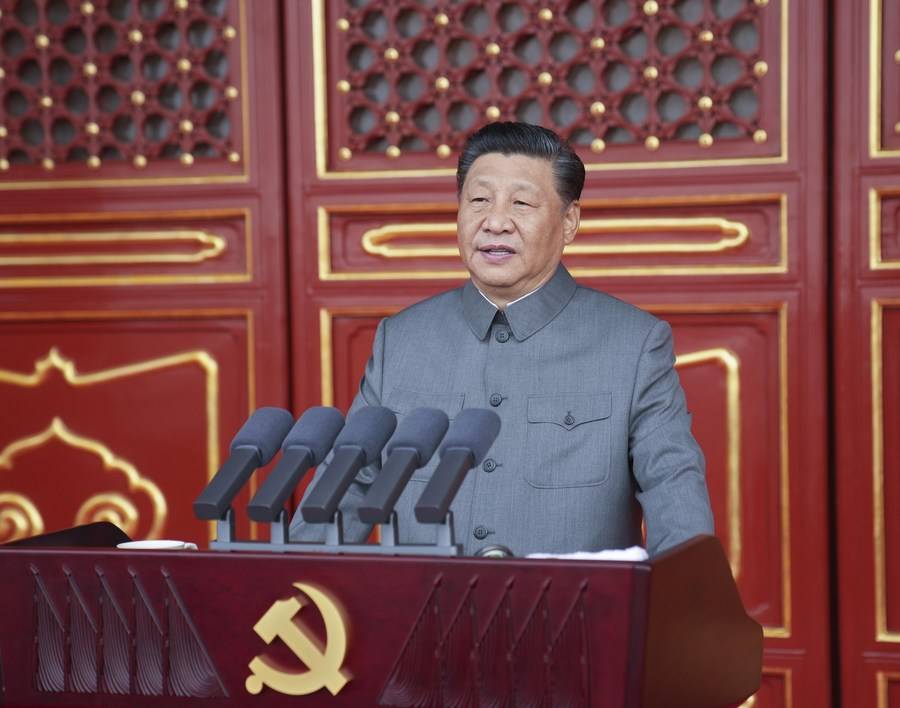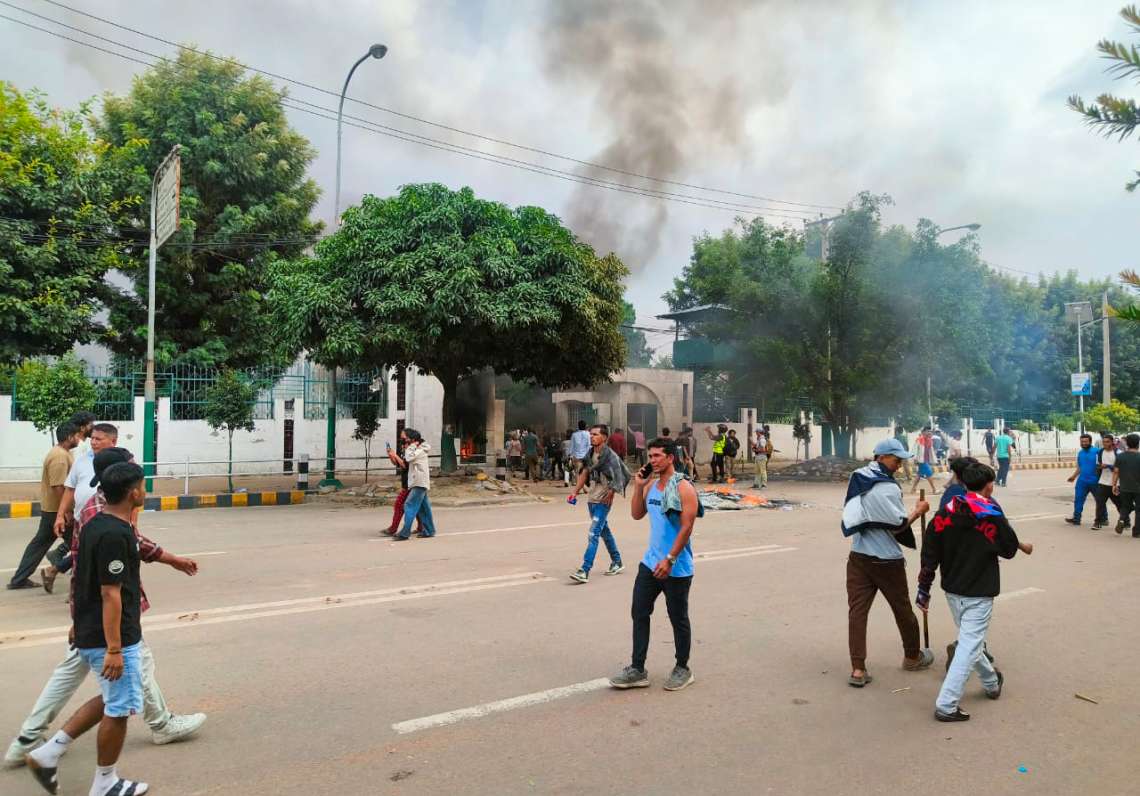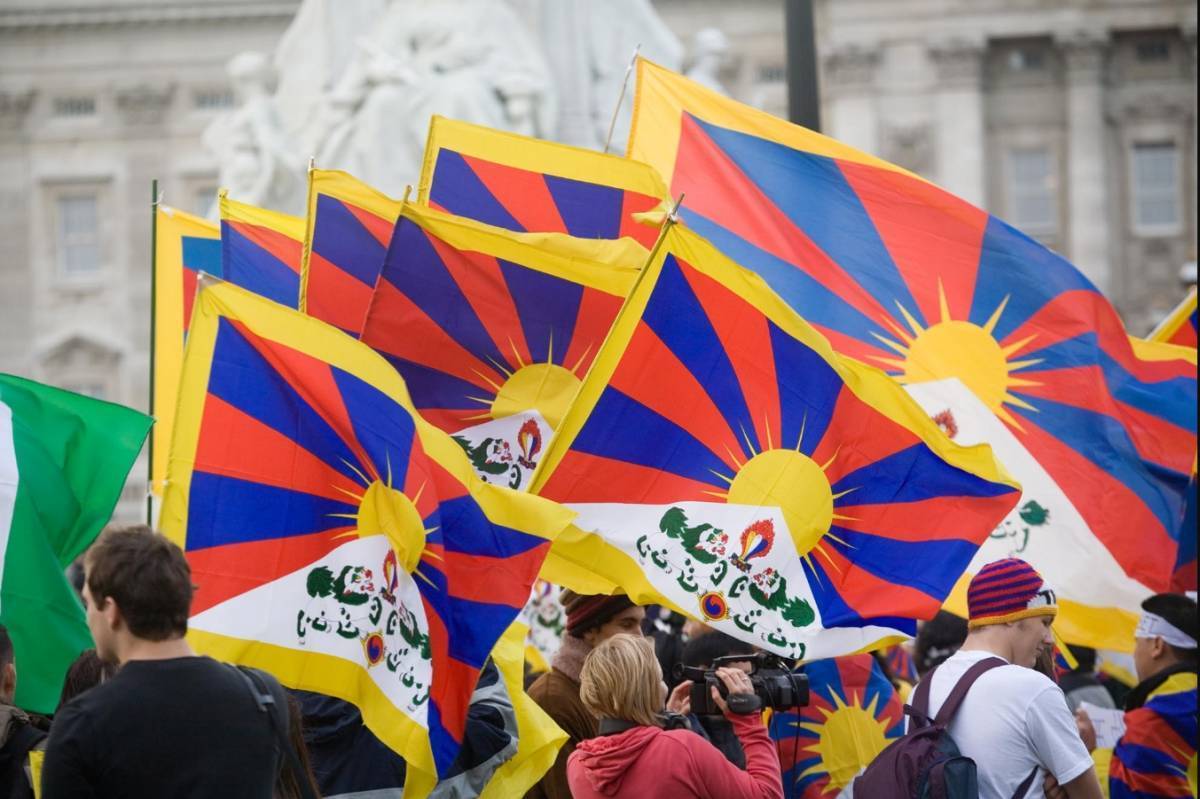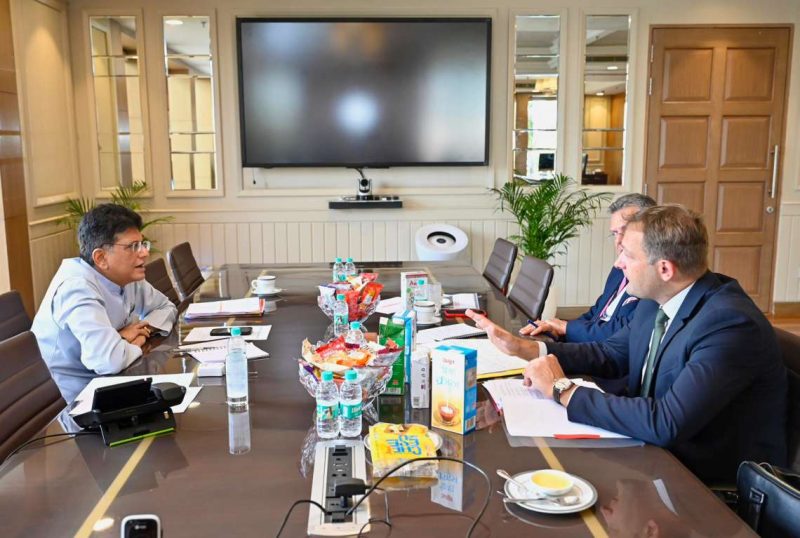Jinping was on Friday unanimously appointed as Chinese President for the third time, making him the country’s longest-serving leader…reports Asian Lite News
Chinese President Xi Jinping on Monday called on the country to accelerate self-reliance capabilities in technology and innovation-driven development, and vowed to “unswervingly advance the process of reunification” with democratically ruled Taiwan, Nikkei Asia reported.
Xi was addressing the closing ceremony of the National People’s Congress (NPC), which gave him an unprecedented third term. “I will faithfully carry out the duties entrusted by the Constitution,” Xi told some 3,000 delegates in Beijing, according to Nikkei Asia.
The Chinese President while referring to tensions with the US and other democracies, said, “China should work to achieve greater self-reliance and strength in science and technology, and promote industrial transformation.”
Xi had in his reappointment speech five years ago, warned against any secessionist attempts and opposed external interference amid reports of Taiwan President Tsai Ing-wen’s planned meeting with US House Speaker Kevin McCarthy, according to Nikkei Asia.
China, which has not ruled out taking control of Taiwan by force, staged war exercises near the island last year after a visit by McCarthy’s predecessor, Nancy Pelosi.
“It is necessary to … enhance the ability to maintain national security,” Xi said, advocating the modernization of the country’s armed forces.
Jinping was on Friday unanimously appointed as Chinese President for the third time, making him the country’s longest-serving leader since founding father Mao Zedong, Nikkei Asia reported.
According to Nikkei Asia, thousands of delegates at the National People’s Congress (NPC) in Beijing voted on Xi’s appointment as president and head of the military for another five years. However, the process was a formality in China’s rubber-stamp parliament after Xi, 69, was confirmed as chief of the ruling Communist Party at a twice-a-decade congress in October.
All 2,952 NPC delegates cast a ballot approving a new mandate for Xi. Previously, the NPC had ditched term limits, clearing the way for Xi to potentially rule for life.
Delegates also voted to install Vice Premier Han Zheng as China’s vice president, a largely ceremonial position.
A sweeping set of reforms, including setting up a new financial sector watchdog and national data agency, was approved in a move that may herald tighter restrictions on key sectors of the world’s Number 2 economy, according to Nikkei Asia. (ANI)













